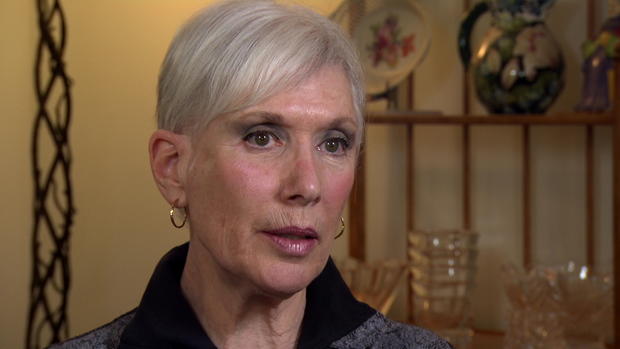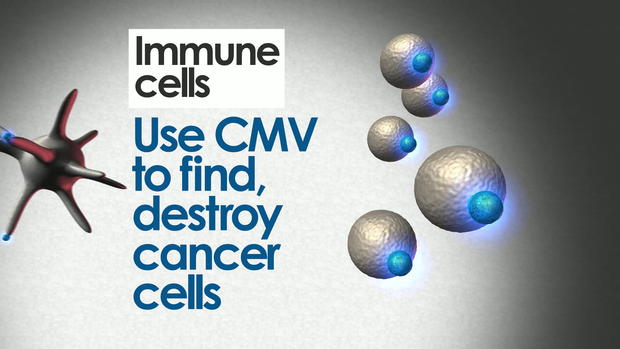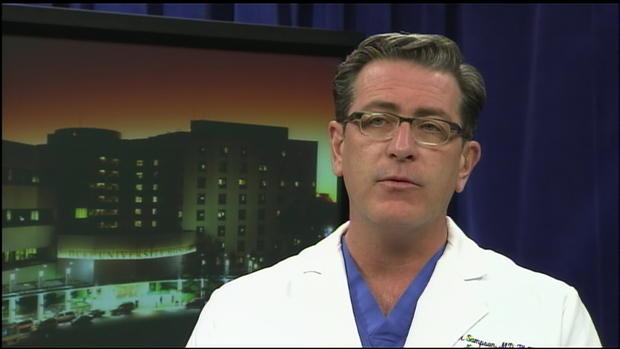Experimental cancer therapy extends woman's life by 9 years
Cancer researchers at Duke University say an experimental treatment has helped prolong patients' lives. Sandy Hillburn, 68, was one of the university's patients.
Hillburn considers herself fortunate to have lifelong friends and six grandsons. She was diagnosed with glioblastoma, a vicious brain cancer with average survival of about one to two years.
"I was actually told I would have two or three months to live," said Hillburn.
In 2006, Hillburn began an experimental cancer vaccine therapy at Duke. To prepare the vaccine a patient's white blood cells are extracted and exposed to protein from a virus called CMV. CMV is found in glioblastoma cells but not in healthy brain tissue. Like a bloodhound given a scent, the body's immune cells attack CMV and destroy the cancer cells.
"Because our immune systems are particularly adept at attacking viruses we felt it would be a great opportunity for us to attack the tumor by attacking the virus," said Dr. John Sampson, a professor of surgery at Duke.
In early studies the vaccine did not work well so a tetanus shot was added before treatment.
"The idea was that we could create an allergic reaction and that allergic reaction would put the immune system on warning that it was to react to what we were going to give it next," explained Dr. Sampson.
Six patients received CMV vaccine alone and survived an average of 18.5 months. Six other patients got a tetanus shot first; three survived an average of 22 months, two lived for about five and six years, and Hillburn is still healthy nine years later.
She still gets the cancer vaccine monthly and in November celebrated her 100th treatment. She had one grandson before she got sick but has lived to see five more grandchildren.
When I asked Hillburn if she had ever imagined she'd live long enough to see them born, she told me "this sounds so obnoxious, but yes! In fact I think I'm good for at least another 10 years."
The reason we're covering such a small trial is that glioblastoma is such a brutal cancer with limited options. This provides a glimmer of hope, and if it can be replicated in other institutions, it may become an important treatment.



